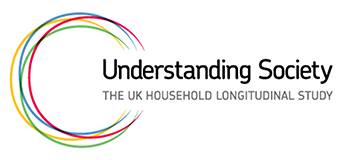Measuring participation
In 2008, a team of social scientists began a five-year research programme called ‘Understanding Society’. This was financed by the main funder of social science in the UK, the Economic and Social Research Council (ESRC). The programme of research involves over 100,000 participants from 40,000 households from across the UK. The researchers are collecting information on many aspects of social life through a longitudinal social survey. This involves repeated collections of data from the same people over a long period of time about their preferences, attitudes and values, and about the wider environments of both individuals and the households in which they live.
The goals of the research include:
- measuring and explaining stability and change in people’s living conditions, health and well-being
- understanding changes in individual outcomes and behaviour.
(Understanding Society, 2008)

An important dimension of the Understanding Society project is the description of levels of participation in the UK. The project defines participation as a basic feature of social worlds:
Society is bound together through the participation of its members, who in turn, share the benefits that flow from participation: social, material and political resources; a sense of identity and belonging; and the reciprocity that makes for citizenship.
In this definition, participation is central to making social worlds what they are. You might notice an interesting double sense: on the one hand, taking part is what binds social worlds together; on the other hand, participation is also about sharing benefits, about making use of the resources, identities, and reciprocities that flow from participation.
The Understanding Society project is therefore an example of social science that takes participation as an object of investigation. It is also an example of a social science method that depends on the participation of ordinary people.
